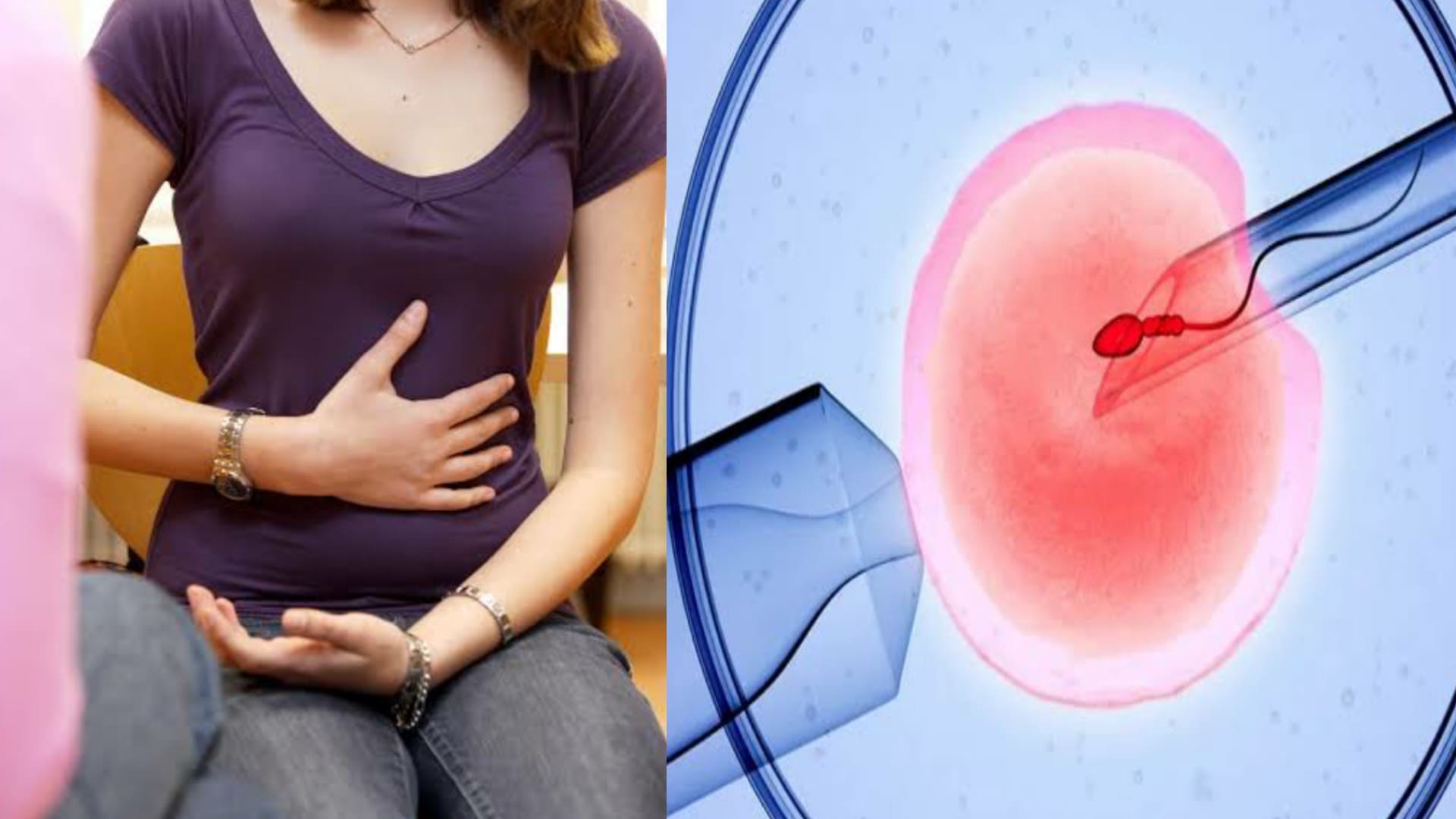In vitro fertilisation or in vitro fertilization, known as IVF, is one of the most popular fertility treatments in the world. Although the results of this medical intervention are often high, many women wonder whether any stages of IVF are painful. Today we will review the highlights of In vitro fertilisation (IVF).
Read also: IVF success rate and difference between it and ntracytoplasmic Sperm Injection
What is In vitro fertilisation IVF ?
In vitro In vitro fertilisation (IVF) is a complex series of procedures used to help have a child. Through the IVF process, mature eggs from the ovaries are collected and fertilized with sperm in the laboratory. The pollinated egg is then transferred to the womb. To complete fertilization, there is a need for about three weeks. Sometimes these steps are divided into different parts and the process can take longer.
The procedure can be performed using the couple's sperm and eggs or obtaining sperm and eggs from a known or unknown donor. From here, we reach the stage of embryo transfer, which is the stage at which any healthy embryos grown in the uterus, which is similar to your going to the vaginal ultrasound date or even the cervical swab.
In this procedure, one or more embryos are transferred to the uterus using ultrasound guidance and embryo transfer catheter. You will be able to see the entire procedure on the ultrasound screen.
In general, IVF is not painful. However, some women may take oral sedation before transfer to relax the cervix. Some may also experience some abdominal cramps after one or two days of treatment.
Motives for resorting to IVF
IVF is a treatment for infertility or genetic problems. If you turn to IVF to treat infertility, you and your partner may be able to try less robust treatment options before trying IVF, including fertility drugs to increase egg production or intrauterine insemination, a procedure in which sperm is placed directly in the womb near the time of ovulation.
IVF may be a valid option in the following cases:
- If the woman is over 40 years of age.
- Damage or blockage of the fallopian tube, which makes it difficult to fertilize the egg or to transfer the fetus to the uterus.
- Ovulation disorders, if ovulation is rare or absent, the eggs available for fertilization are less.
Endometriosis, which occurs when a tissue similar to the lining of the womb is implanted and grows outside the womb and often affects the function of the ovaries and the uterus fallopian tube.
- Uterine fibroids, are benign tumors in the womb and are common in women in their 30s and 40s. Fibroids can interfere with pollinated egg implants.
- Poor sperm production or function. Sperm concentration below average, poor sperm mobility, or sperm dysfunction and shape can make it difficult to fertilize an egg.
- Unexplained infertility, unexplained infertility means that there is no reason for infertility despite an assessment of common causes.
- Genetic disorder, if you or your partner are at risk of transmitting a genetic disorder to your child, you may be a candidate for pre-transplant genetic testing, a procedure that involves IVF.
- Maintaining fertility in case of cancer or other health conditions. If you are about to start cancer treatment, such as radiotherapy or chemotherapy that may harm your fertility, IVF to maintain fertility may be one option.
Cause of IVF failure
Why does IVF fail?, More than 60% of IVF cases are threatened with failure due to factors that can affect IVF outcomes. These include:
1. Fetal transplant failure:
Fetal transplant failure can occur either because of a problem in it or a problem in the womb, but none of these problems can be identified causing failure in your own condition. One way to improve IVF success chances is to choose a PGS test with insemination to study the genetic content of embryos before transferring them to the womb. This allows the doctor to choose embryos that have greater chances of success.
2. Egg Quality:
Embryo transplantation rates are higher in women around 35 years of age and are about 50% compared to only about 12% in women over 40 years of age. If your uterus is completely healthy but egg quality is not enough, switching to IVF with donor eggs is likely to lead to your success. If your eggs are responsible for IVF failure, even transferring them to an alternative uterus will lead to the same result.
3. Female age and ovarian response:
Women's age, uterine health and ways of responding to IVF drugs play a major role in IVF success.
Usually, a woman's ovaries release one egg a month from a group of eggs repaired at birth and decline sharply after the mid-1930s.
Before the IVF cycle, drugs are administered to make ovaries produce more eggs. If you already have a few eggs or have elevated levels of FSH, your body may not respond properly to IVF drugs.
4. Sperm Quality:
Sperm plays a complex role in the fertilization of a female egg, and in order to do so, it must be healthy, mobile and sufficient in quantity. Eggs and sperm contain specific receptors on their surface that allow interaction between them. During this contact, enzymes emitted by the head of sperm create a hole in the outer membranes of the egg, allowing them to penetrate.

